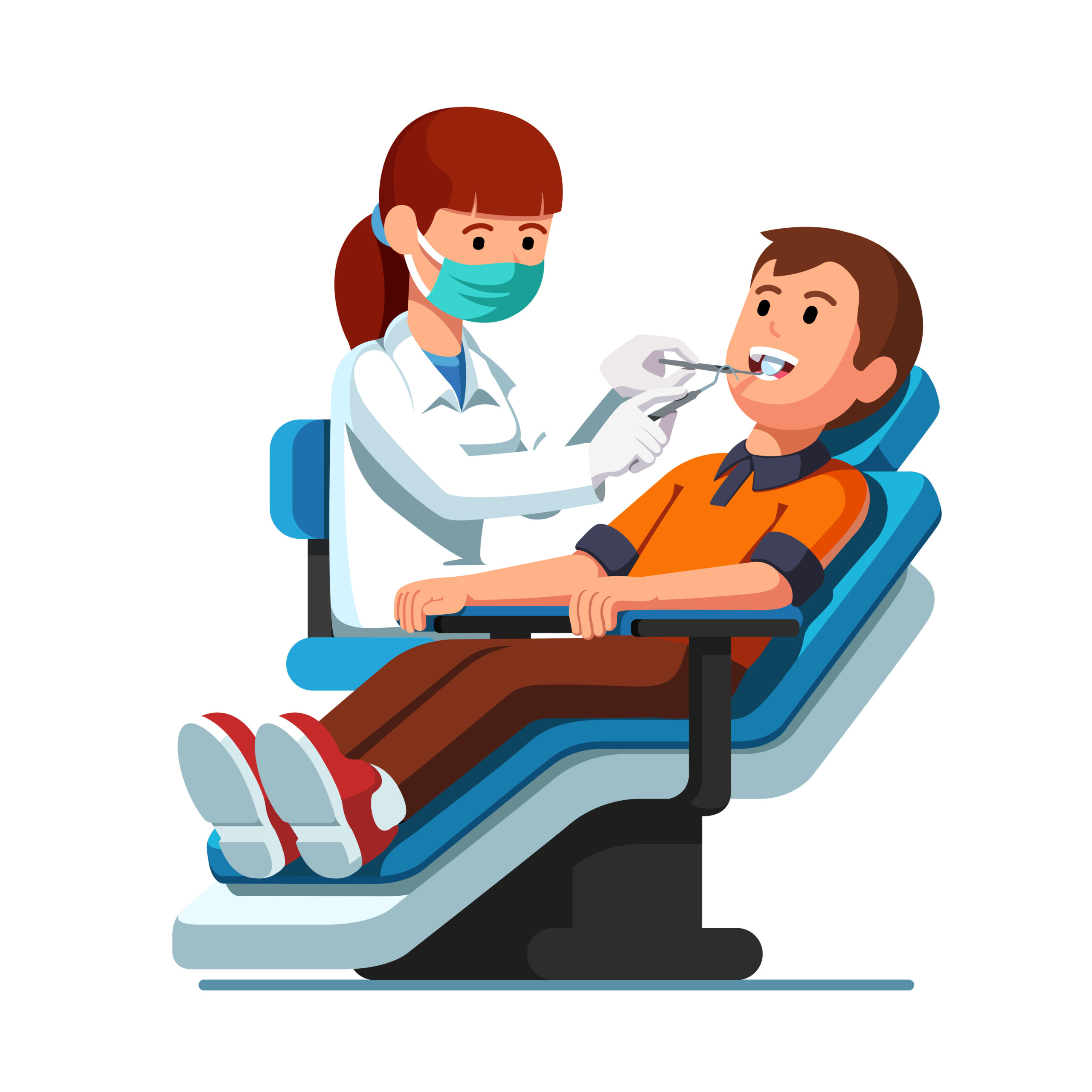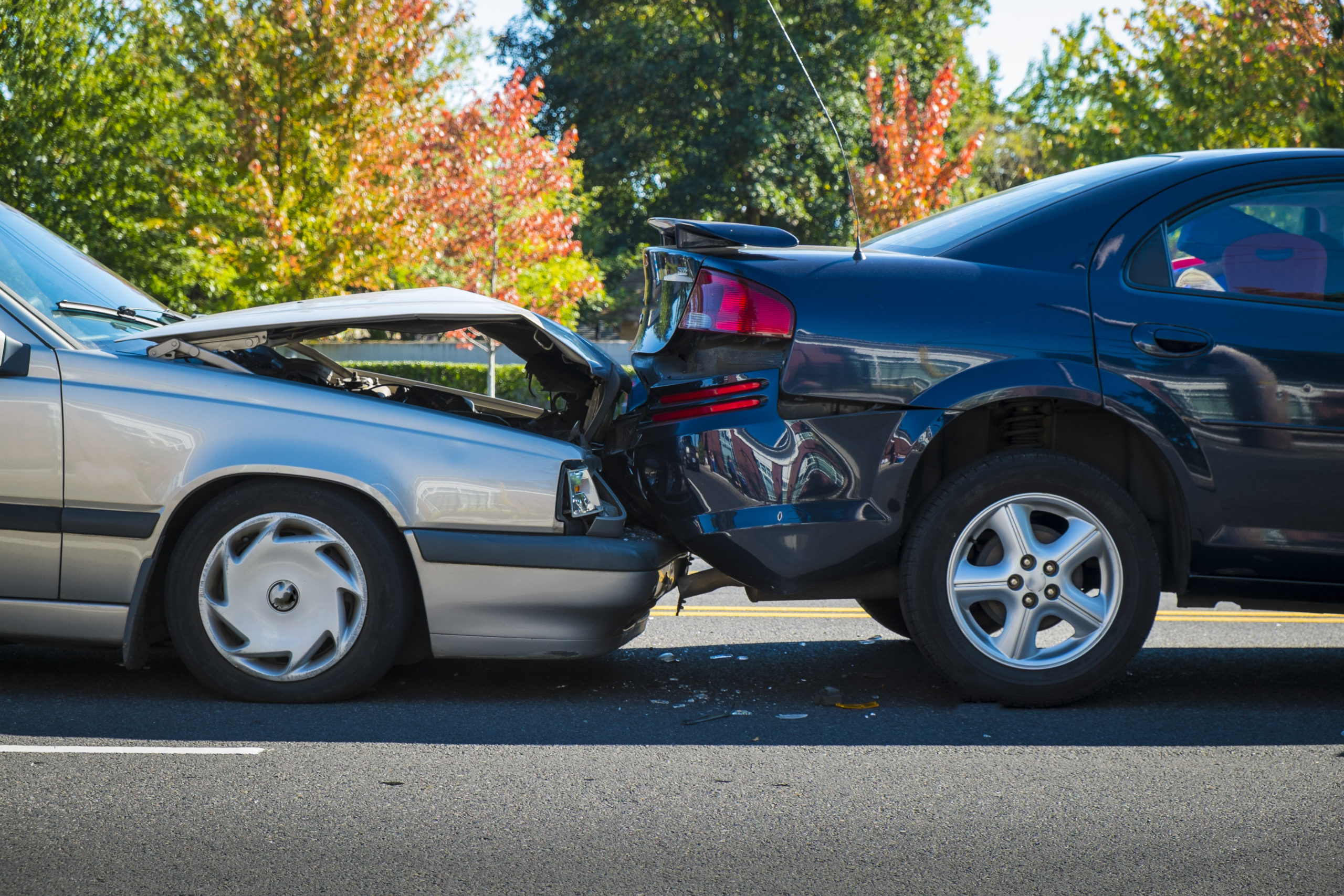
How is fault determined in a car accident?
Fault is one of the most critical elements in any NJ car accident claim. The person at fault is the person whose negligence caused the accident, and this is the person responsible or liable for any damage or injuries caused by his or her negligence. Determining who is at fault in a traffic accident is a matter of deciding who was careless or reckless.
There is a set of rules of the road that anyone who wants to get behind a wheel of a vehicle must learn. They provide guidelines by which liability may be measured and apply not only to automobiles, but also to motorcycles, bicycles, and pedestrians as well.
Sometimes a violation of one of these traffic rules is obvious, such as when a driver runs a stop sign and crashes into another vehicle. Other times, the violation may be less obvious, such as when two drivers both merge into a single lane of traffic.
To prove negligence, certain elements must be met, including:
- The driver is legally required to be reasonably careful in a situation, using caution at all times
- The driver, pedestrian or bicyclist was not reasonably careful
- The driver’s conduct caused actual injury to another person or damage to the vehicle
In addition, if a victim’s actions are partially to blame for a vehicle accident, compensation for that person’s injuries or property damage may be limited completely, depending on where the accident took place.
Comparative negligence allows a plaintiff to seek compensation for his or her injuries even if their actions helped to cause the injuries; however, their compensation diminishes by the percentage by which he or she was at fault.
New Jersey Statute 2A:15-5. – Determines the degree of fault each individual involved in an accident contributes to the cause of the accident. It does not provide specific guidelines for assessing fault and responsibility; the amount of fault is determined on a case-by-case basis depending on the circumstances surrounding the incident.
The New Jersey Modified Comparative Negligence Act states, “A person may recover for death or injury to person or property as long as the person’s contributory negligence was not greater than the negligence of the person against whom recovery is sought or was not greater than the combined negligence of the persons against whom recovery is sought.”
If you have sustained an injury and are unsure whether you can recover for your injury because of some fault on your behalf, contact the personal injury law offices of Maggiano, DiGirolamo & Lizzi to discuss the details of your accident and help you better understand the damages to which you may be entitled.
We are conveniently located in Fort Lee, New Jersey.


















